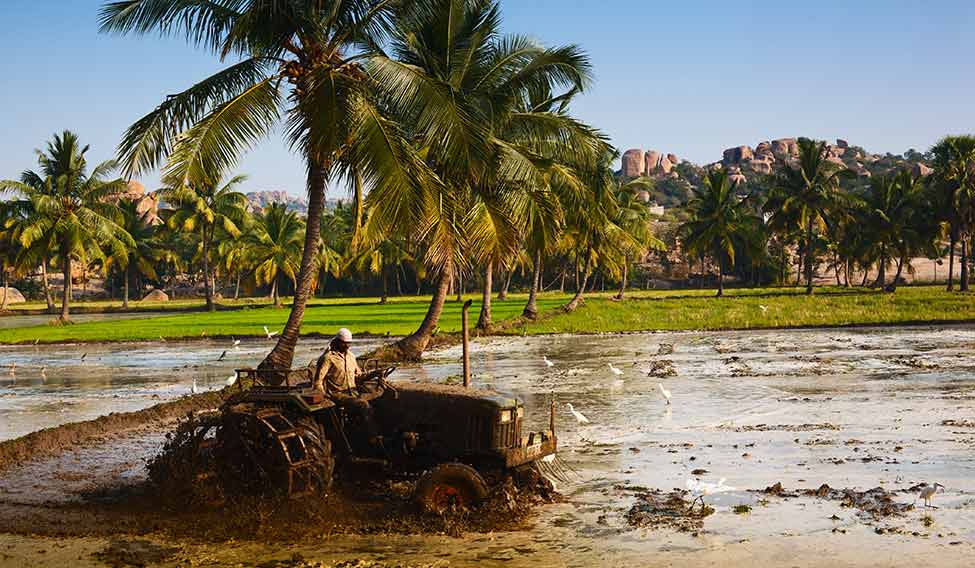With predictable regularity, the dispute between Karnataka and Tamil Nadu over the sharing of the Cauvery river waters surfaces every few years. Astonishingly, each time we seem to concern ourselves only with somehow muddling through the immediate crisis without tackling the underlying problems.
This is extremely unfortunate as the problem isn’t particularly difficult to solve. We only have to apply our minds to it. There are three challenges and each of these is readily solvable.
For starters, let us look at how much water is available. After all, if we are going to fight over this, would it not be wise to see how we can maximise the supply first? Numerous tributaries of the river are heavily silted and do not adequately channel waters into the main flow. Likewise, the dams, too, receive a significant amount of silt deposits each year, and without repeated efforts to de-silt them, the supply of river water will be diminished.
Next, let us look at the farms. Nearly two-thirds of the water in the river is used to irrigate crops. This is almost twice the global average. A mere 6 to 10 per cent increase in the water efficiency of agriculture would free up enough water to tide over the lean period of September to October. Despite years of growing sugarcane and paddy, and despite mounting evidence from many places that neither of these crops need as much water as we think, little has been done to bring in water-efficient practices.
And then there is the finance. Farmers agitate over water, but it is not the water itself that concerns them. What they really fear is the loss of livelihood from not being able to irrigate their farms. But that is not a water problem, that is a finance problem.
Can we not create a livelihood insurance programme for lean years, which would ensure that all farmers in the basin receive either the water needed for their lands or the money they could earn by growing crops? How much would such a programme cost? Surely, the loss of productivity in both states during countless bandhs is costlier.
If the engineering, science and economics around this dispute allow sufficient room for tackling the problem, why haven’t we got around to doing this yet? There is only one reason for this. Amid the flowing waters of the river, there is a desert of governance. The state governments and the Centre, which should have put their heads and finances together to solve the problem, haven’t done so. When they decide to do so, we can go back to celebrating the river instead of fighting over it.
The writer is an urbanist and former Antarctic climate scientist based in Bengaluru.





